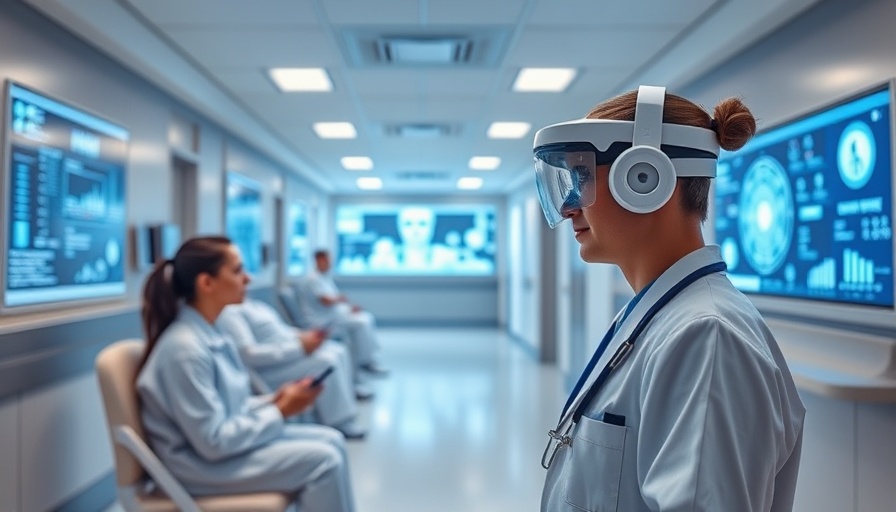
Revolutionizing Patient Care with Smart Hospital Technologies
At the forefront of healthcare innovation, Houston Methodist Hospital is setting the stage for a new era of smart hospitals. As executive vice president Roberta Schwartz highlighted at the HIMSS Global Health Conference, this groundbreaking initiative capitalizes on cutting-edge technologies like text messaging, voice recognition, and generative AI. The goal? To create a patient-centered experience that enhances care quality and operational efficiency.
Enhancing Patient Engagement Through Technology
Schwartz emphasized the importance of delivering the right message at the right time. The Houston Methodist team has implemented over 161 care pathways, enabling crucial communication through text systems that improve overall patient satisfaction and reduce hospital stays. By employing smart technology to facilitate interactions, the hospital is not only informing patients but also empowering them throughout their healthcare journey. This mirrors findings from a recent study in smart hospital room applications, where personalized care experiences have shown measurable improvements in health outcomes.
The Future of Smart Hospitals: A Peek Ahead
Looking forward, the implementation of more advanced technologies is imminent. Plans to incorporate features like auto discharge processes, remote ventilator management, and wearable devices exemplify a shift towards a comprehensive healthcare model that extends beyond hospital walls. The rise of robotics and AI technologies paves the way for efficient resource management, effectively addressing the ongoing challenges such as healthcare workforce shortages and rising operational costs.
The Growing Importance of Patient Input
The active involvement of patients in their care is increasingly being recognized as a priority in the evolving healthcare landscape. As evidenced by Schwartz’s discussion, integrating patient feedback through innovative tools can lead to significant advancements in clinical workflows and overall patient experience. Studies show that when patients are engaged in their care, hospitals experience reduced unnecessary treatments and increased satisfaction. This alignment with the smart hospital concept, which emphasizes continuous health monitoring and patient empowerment, reinforces its relevance in today's healthcare environment.
Conclusion: Towards Better Patient Experiences
As we venture further into this technological era, the evolution toward smart hospitals becomes not merely a possibility but a necessity. Houston Methodist Hospital’s innovative approach exemplifies how leveraging technology can result in smarter healthcare solutions and improved patient experiences. The integration of smart hospital technologies isn't just about advanced tools; it's about creating a collaborative environment that shapes the future of healthcare delivery. For healthcare IT professionals and providers, staying informed about these advancements is essential to navigate the transformative landscape ahead.
 Add Row
Add Row  Add
Add 




Write A Comment